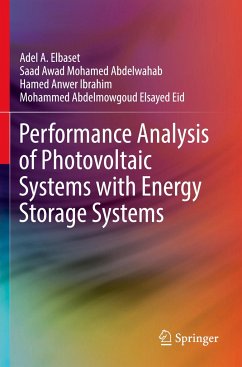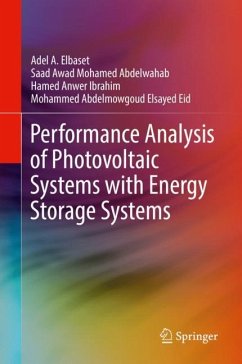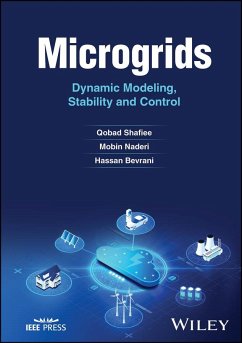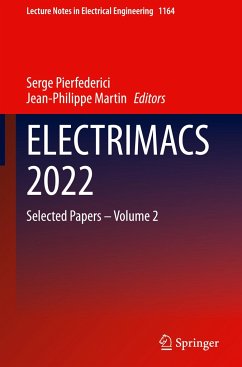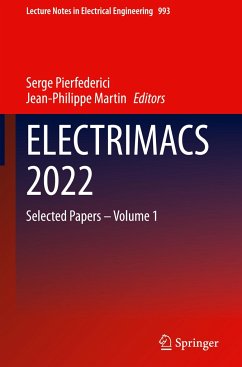
Intelligent Optimizations of Energy Storage Systems for Microgrids
Versandkostenfrei!
Versandfertig in 6-10 Tagen
33,99 €
inkl. MwSt.

PAYBACK Punkte
17 °P sammeln!
During the 2011 Japan great east earthquake and tsunami, the Fukushima Daiichi nuclear station whose partial meltdown raised safety concerns and finally led to the shutdown of all of Japan's nuclear power plants. Thousands of people had ultimately no access to electricity and facilities. Education, health centers and other critical services were failure. Since that time, the microgrid developments in Japan and worldwide have changed perceptions, priorities, research directions and focused on resilience and security. For these reasons, energy storage systems have become the essential component ...
During the 2011 Japan great east earthquake and tsunami, the Fukushima Daiichi nuclear station whose partial meltdown raised safety concerns and finally led to the shutdown of all of Japan's nuclear power plants. Thousands of people had ultimately no access to electricity and facilities. Education, health centers and other critical services were failure. Since that time, the microgrid developments in Japan and worldwide have changed perceptions, priorities, research directions and focused on resilience and security. For these reasons, energy storage systems have become the essential component of microgrids/today's power systems, avoiding instabilities and power outages. In order to control the microgrids as efficiently as possible, it is very important to consider the optimizations of energy storage systems. Based on the author's 10 years of experience in power system control and optimization, this book illustrates the importance of artificial intelligent optimizations of energy storage systems and provides engineers the tools to plan, design, and implement one based on MATLAB, DIgSILENT PowerFactory and IEEE standards.




